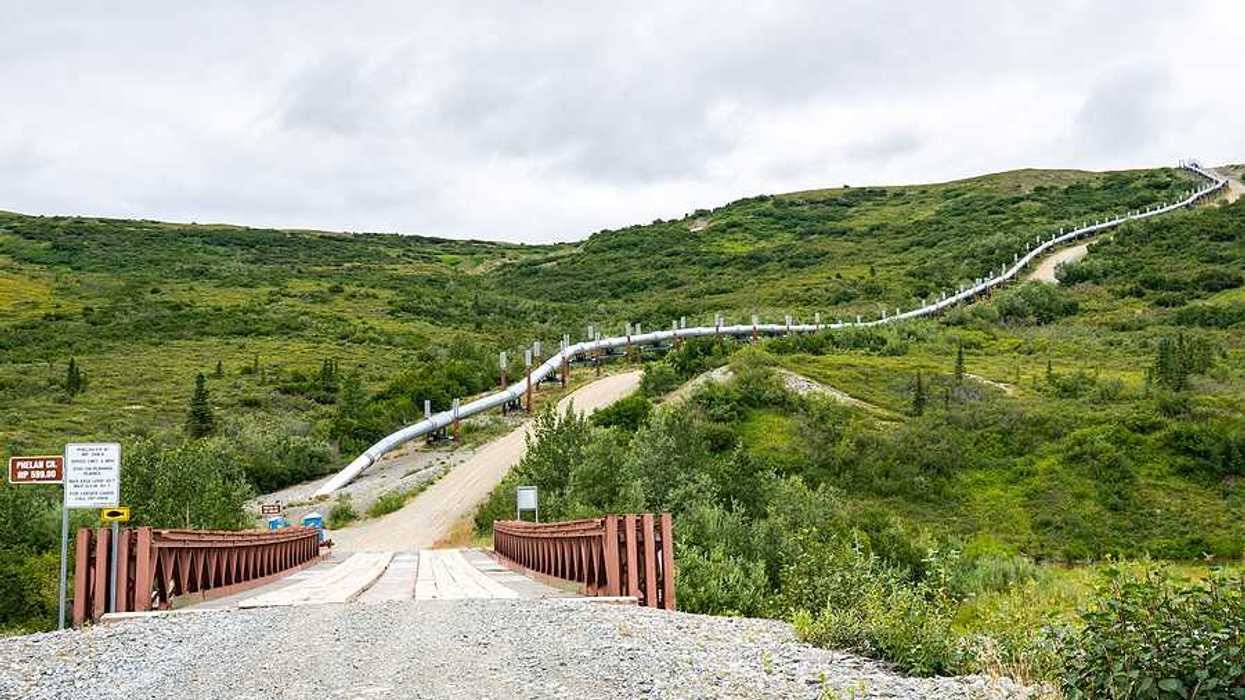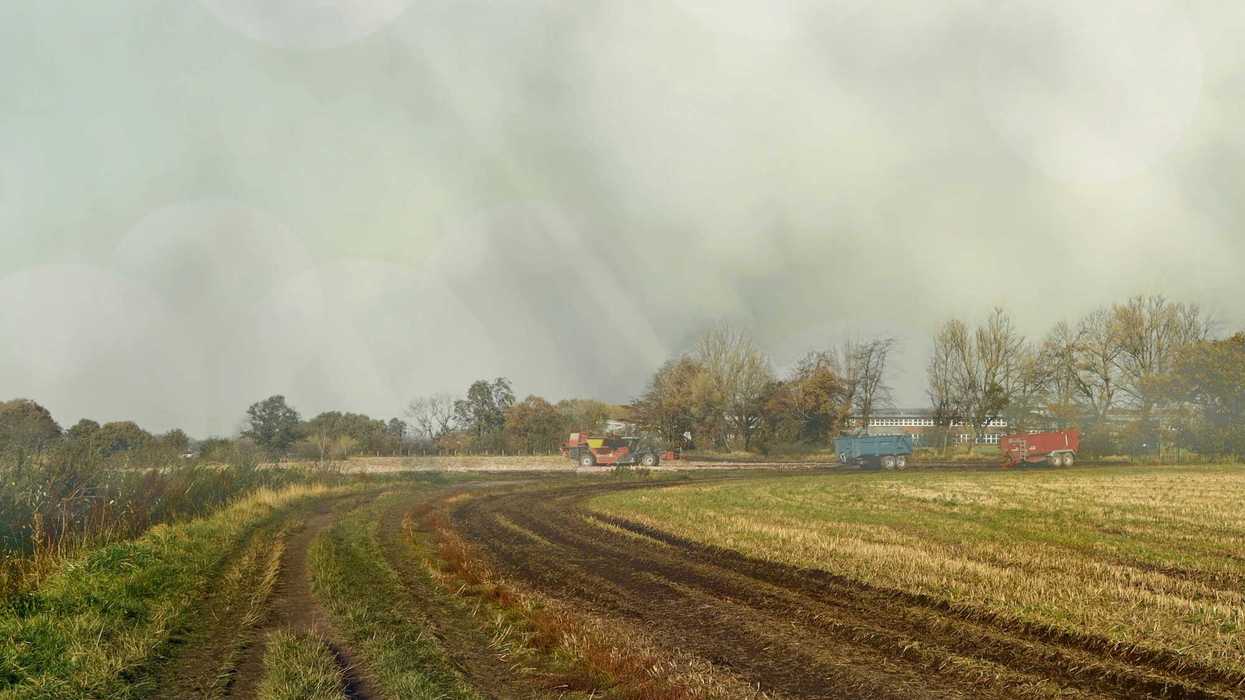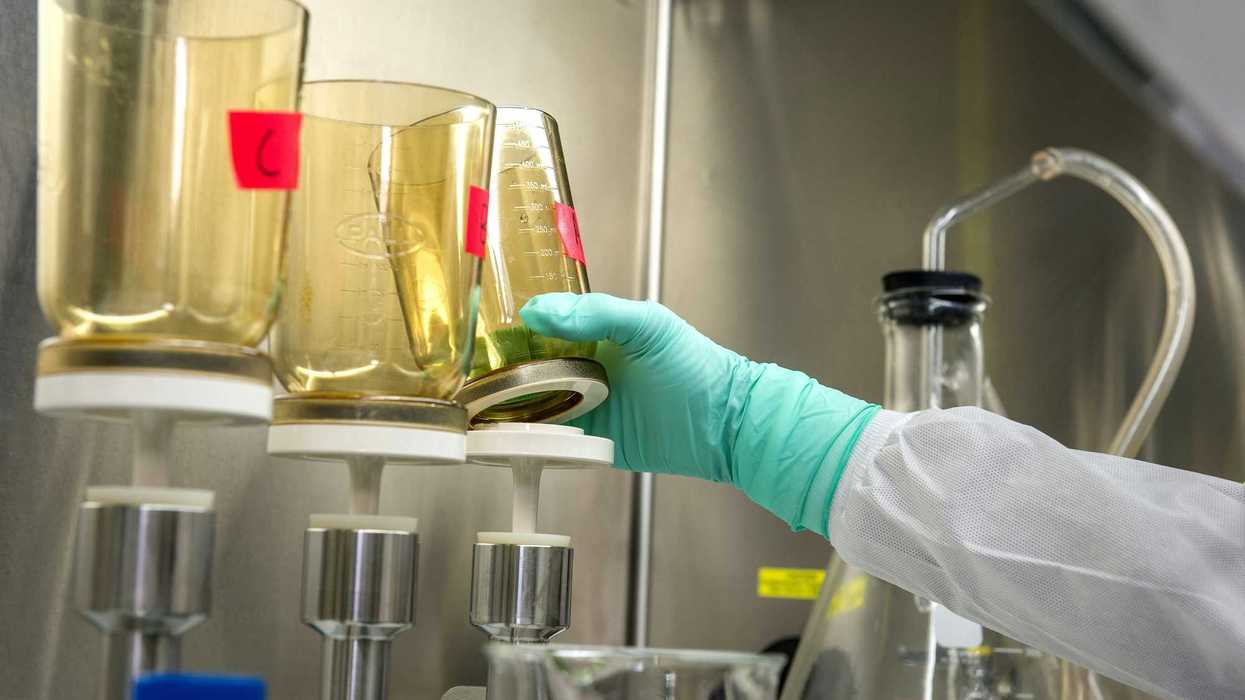In a recent summit, meat industry leaders found reasons to be hopeful about their future, despite environmental concerns.
Rachel Sherrington reports for The Guardian.
In short:
- Cop28's focus on agriculture offered mixed messages, with major meat lobbyists celebrating a lack of binding targets on reducing livestock numbers.
- Critics argue the summit's outcomes favor industrial meat interests over environmental action, with the presence of meat and dairy lobbyists tripling.
- Despite global calls for reduced meat consumption to meet climate goals, the summit's declarations lacked explicit directives for diet change.
Key quote:
“Cop28 has rightly put the spotlight on the link between food production and the climate crisis, but the sheer number of Big Ag lobbyists present gave them an outsized influence.”
— Sophie Nodzenski, a senior campaign strategist on food and agriculture at Greenpeace International
Why this matters:
Agriculture, particularly livestock farming, plays a significant role in climate change, contributing approximately 14.5% of all anthropogenic greenhouse gas emissions, according to the Food and Agriculture Organization of the United Nations. Innovations such as alternative protein sources, regenerative farming practices, and improvements in animal feed are being explored to reduce the environmental footprint of livestock farming. However, the path forward involves navigating complex issues of food security, economic viability, and environmental sustainability.














